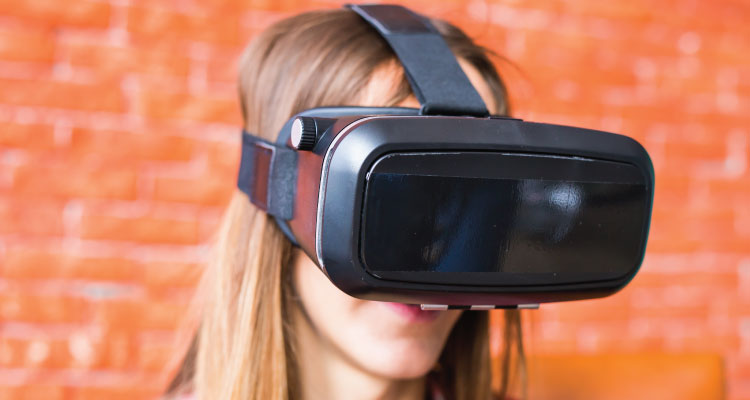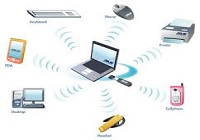With the rapid advancements in technology there are many more new technologies that have come up and work wireless. For instance the device that works upon Bluetooth technology. The Bluetooth speakers, phones, headsets, printers etc and many other devices are some of the new examples.
The best example of wireless technology could be the Radio. Apart from just radio there are several other examples that can be considered that we encounter in our daily lives itself. Some of them could be the cellular phones or mobiles, walkie-talkies, PDAs (Personal Digital Assistants), and many more.
- 3.5G to HSDPA (High-Speed Downlink Packet Access)
After the GSM and EDGE technology, came the HSPDA or the High-Speed Downlink Packet Access technology. HSDPA technology supports the UMTS technology with higher speeds of data transfer. HSPDA technology is packet based service of the data. It comes with WCDMA transmission of data in down linking which is about 8 to 10 Mbps. The same is similar to the 20 Mbps for the systems of MIMO with the bandwidth of 5 Megahertz in the WCDMA link. HSDPA includes the technologies of Adaptive Modulation and Coding (AMC), Hybrid Automatic Request (HARQ), Multiple-Input Multiple-Output (MIMO), and the Fast Cell Search along with Advanced Receiver Design.
- 3.75G to HSUPA (High-Speed Uplink Packet Access)
3.75G is beyond the 3G wireless and mobile technologies and the High Speed Uplink Packet Access (HSUPA) is the technology that is an evolution of the UMTS or WCDMA uplink technology. HSUPA is related to the HSDPA technology. HSUPA is capable of enhancing the data applications that are feasible from person to person. The best instances are of the mobile emails, or the real time based person to person gaming applications etc.
Not only that, it will also support the consumer friendly applications that are essential for the day to day applications in various sectors. It basically boosts up the UMTS or WCDMA technology of uplink nearly up to 1.4Mbps to 5.8Mbps. That is a comparatively good speed.
- The famous 4G
4G or the fourth generation in the evolution of mobile or wireless cellular standards is a successor to the 3G and 2G families and is rather an improvement to them. There has been a change in the natures of the generations from time to time, based on the services, bandwidths, ranges, frequencies etc. and other technical implementations. Just like theses technical specifications, there are some rare specifications as well that made the 4G more influential over the 3G and below generations. Some of them are the non backward transmission compatibility in the signals, new frequencies altogether, and speed of course being more than the usual. 4G as we all know supports fast streaming of videos and audios, fast chat online be it audio or video. The quality of the video and audio is also good as there is more bandwidth with more uniqueness in it. Good streaming on the end to end IP subsystem of multimedia can do wonders and make this generation flourish in the market. The Pre-4G technology including WiMAX, it is more like a Mobile Structural Design technology that will eventually become translucent to a greater extent hence supporting many architectures of the network. With 4G many companies are planning to provide speeds from 100 Mbps to 1 Gbps (Gigabytes per second) and that too over fixed stations making the data speed extremely faster. One of such companies who planned of launching 4G way before in 2010 is Sprint Nextel. Sprint Nextel wanted to launch the broadband network of 4G using WiMAX way before in the US. Apart from that UK also stated the plan of selling 4G thru auction of the frequencies few years back.
Just like we moved eventually and progressed from the 0th generation to the 4th generation of technology, we will definitely witness some things further more advanced and user friendly and move to 5th. There is a word called “MAGIC” that is referred to the Fourth Generation wireless technology. It stands for the Mobile multimedia Anywhere Global mobility solutions over Integrated Wireless and Customized Services. Let us see what Magic does 4G brings to our lives and how in no time we move on to further more advanced technology of 5G!
Click here for government certification in Information Technology




